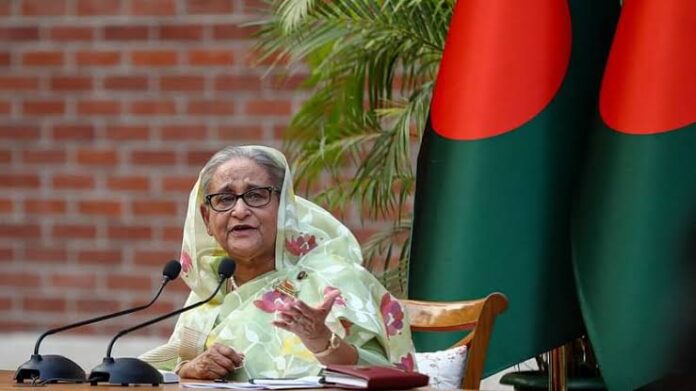International desk :The Bangladeshi government has stated that one of the primary reasons for the imposition of the ban on the Awami League is to ensure the safety of the party’s leaders and activists involved in the July 2024 rebellion. This move has sparked a new wave of political instability in the country. While the opposition parties argue that the ban is a threat to democracy, the government insists that it is a crucial step for national security.
It is also important to note that during the Yunus administration, allegations have surfaced regarding the promotion of anti-India activities and the use of force against minority groups. In addition, Bangladesh has formally requested India to extradite Sheikh Hasina.
The ban comes at a time when Bangladesh is recovering from the aftermath of the 2024 rebellion. The unrest began when students, protesting against a flawed education system, gradually turned their demonstrations into broader opposition to Sheikh Hasina’s government. The government has been accused of responding with excessive force, which escalated the unrest.
Following these protests, then-Prime Minister Sheikh Hasina fled the country and is now seeking asylum in India. In the meantime, the Yunus-led interim government has initiated strict measures against the supporters of Sheikh Hasina’s party, with criminal cases filed against her and several of her ministers.



